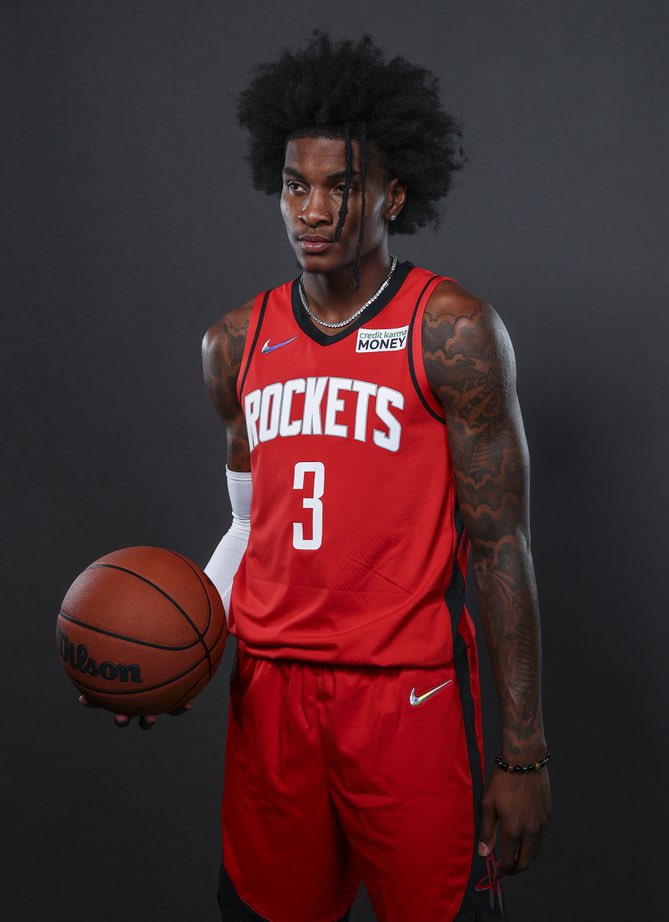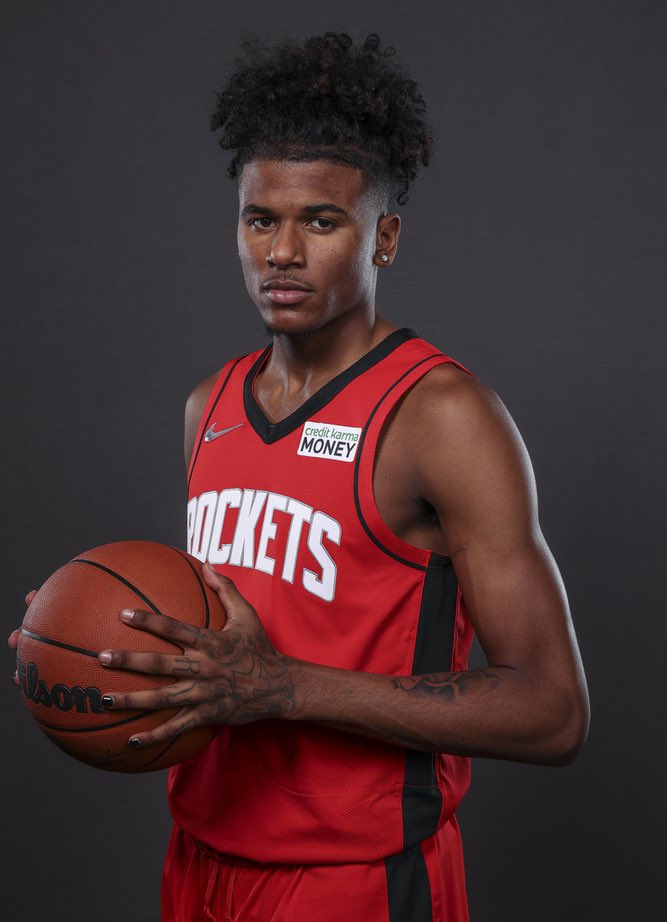RIP NBA Centel: The Fake Twitter Account That Fooled Us All!
Is the digital realm of professional basketball truly as boundless as it appears, or are we merely spectators of a cleverly constructed performance? The recent banishment of NBA Centel from the digital court of X (formerly Twitter) serves as a stark reminder that even in the age of instant information, the line between reality and parody can be exceedingly thin.
The story of NBA Centel, a satirical sports journalism page, offers a fascinating glimpse into the ever-evolving landscape of online sports culture. What began as a simple parody account, cleverly mimicking the style and format of established NBA news sources like NBA Central, quickly morphed into a digital phenomenon, captivating a massive audience with its humorous and often outlandish faux headlines. The account, often referred to simply as "Centel," built its reputation on the skillful art of satire, posting fabricated quotes attributed to NBA players, coaches, and personalities. This clever approach, coupled with a keen understanding of the NBA's passionate fanbase, allowed Centel to amass a significant following, demonstrating the power of wit and creativity in the digital age. But, as with any entity that gains prominence, Centel's journey was not without its challenges.
The very nature of satire, which is to mimic and often exaggerate reality, put Centel on a collision course with the established order. While the account entertained its audience with its parodic content, it also faced the potential for misinformation, as some users may not have fully understood that the quotes and headlines were not genuine. This raises fundamental questions about the responsibilities of content creators in a world where information spreads at lightning speed. The account's popularity, coupled with its increasingly audacious content, eventually led to its ban from X (formerly Twitter). In its wake, it left fans, media personalities, and even some NBA teams mourning its loss, a testament to the impact it had carved out in the digital space.
The story of NBA Centel is also intertwined with the broader narrative of how the NBA has embraced, and sometimes struggled to control, its presence on social media. The league understands the power of the internet, and it actively cultivates its online image. This includes official accounts, partnerships with media outlets, and the dissemination of its own content. This strategy aims to control the message, but the league must also contend with the fact that the internet, by its very nature, is difficult to control. The account's shutdown highlights the challenges of controlling the flow of information. While the NBA strives to maintain a particular image, the internet is an unruly place where anyone can create and share their own version of the truth. The closure of NBA Centel underscores the ongoing tension between freedom of expression and the need to maintain a level of credibility and accuracy.
The story of NBA Centel also reminds us of the importance of media literacy in the age of social media. It is easy to get lost in the sea of information available online. In a world where information is rapidly shared and consumed, it is important for users to be able to discern between reliable and unreliable sources. The fact that NBA Centel was able to fool a significant number of users, even momentarily, underlines the need for individuals to be aware of the nature of the information they are consuming. The experience is a reminder that not everything one reads online is true and that a healthy dose of skepticism and critical thinking is always necessary.
The satirical account's shift to Instagram, following its ban from X, shows that while the digital space evolves, the spirit of creativity and expression persists. Instagram, with its visual focus, provides a new platform for Centel to share its content. This move is also indicative of the ever-changing nature of online platforms and the constant migration of users from one platform to another. The digital world is in constant flux, and the ability to adapt and pivot is critical for any online presence. The latest posts from @thenbacentral highlight the resilience and creativity of those who embrace the internet as a space for expression.
The story of NBA Centel also intersects with another significant development in the NBA's online universe: the evolution of NBA news aggregators. These aggregators compile news, rumors, and developments from around the league. These platforms have become central hubs for fans seeking the latest information, and NBA teams and personalities are increasingly wary of how they are represented. The NBA has clearly stated its intentions to have more control over its branding and content, and we have recently seen them taking a more active role in shaping the flow of information. This is evident in the news that the NBA took action against a leading news aggregator account, NBA Central, to have them change its name to TheDunkCentral. This move clearly indicates that the league is aware of the power of these aggregators and is not afraid to use its influence to assert control.
The incident serves as a snapshot of the ongoing conflict over branding and content control, within the online world of sports. The league is actively fighting back against the aggregation of information, and the situation highlights a desire to manage how its brand is perceived.
The changes made by NBA Central, which is now called TheDunkCentral, reflect the evolving landscape of digital sports media. As news and rumors are shared rapidly on platforms, there is a need for verification and accuracy to protect the integrity of the league. The adjustments also signify a shift in how the NBA and its associated personalities want to control their brands and messages. The league is ready to use all its influence in order to maintain its place.
Amidst the shifts and the adjustments, the fans who are engaged in the NBA's online discourse remain the ones who keep the conversation alive. NBA Twitter, a dynamic hub of hoops talk, comedy, and bold perspectives, perfectly captures the enthusiasm for basketball. The NBL is considered the most online league. The presence of NBA Centel, even as a parody account, reinforces the idea that online culture and sports are now inextricably linked.
In the ever-changing world of digital media, the saga of NBA Centel serves as an intriguing case study. The account's rise and fall, and the broader changes in the online landscape of sports, all point to a world where information spreads rapidly, where branding is constantly contested, and where the lines between reality, parody, and the truth become increasingly blurred. The NBA, its teams, its players, and its fans are all navigating this new reality. It is a place where the power of social media, the importance of media literacy, and the enduring appeal of basketball all come together.
Let us examine the impact and implications of this episode.



